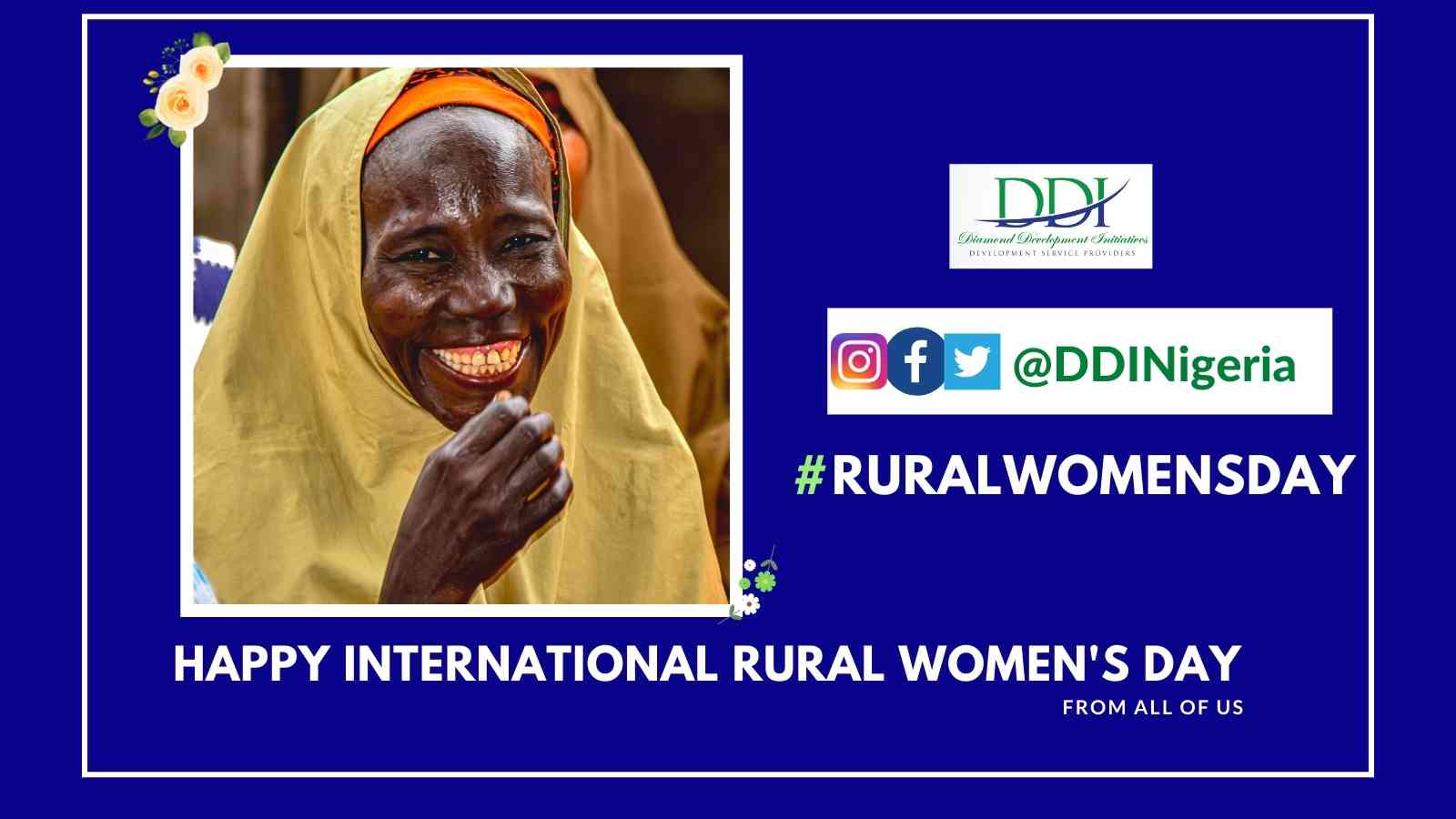With the theme: “Rural Women Cultivating Good Food for All”, this year’s International Day of Rural Women is highlighting the crucial role and contribution of rural women and girls, in “enhancing agricultural and rural development, improving food security and eradicating rural poverty.”
Rural women make up a quarter of the world’s population, and they work as farmers, wage earners, and entrepreneurs, according to un.org. They (including girls) have continued to play critical roles in the global food systems – from their origins at a farm to when they eventually land on the dining table, as well as the long, tortuous journey in-between.
Women and girls equally ensure the sustainability of rural households and communities, improving rural livelihoods and overall wellbeing” while keeping that ‘food-travel’ (technically referred as the food supply chain) alive. That’s not all. Apart from their critical role in the five steps of the food supply value chain (production, processing, distribution, retailing and consumption), accounting for a substantial proportion of the agricultural labour force, they make up 43% of the global agricultural labour force.
They are also substantially involved in informal work, as they “perform the bulk of unpaid care and domestic work within families and households in rural areas,” states the United Nations. That’s still not all. Rural women also ensure “food security for their communities, build climate resilience and strengthen economies.”(United Nations)
In spite of all of these, rural women are constantly being confronted by factors that limit the realization of their full potential. They have to grapple with gender inequalities, inequitable laws, deep-rooted customs and social norms, as well as “a fast-changing economic, technological and environmental landscape”, leaving them far behind men and their urban counterparts, according to UN Women. The FAO puts it succinctly: “…they face significant discrimination when it comes to land and livestock ownership, equal pay, participation in decision-making entities and access to credit and financial services.” Globally, also, less than 20% of landholders are women, and in rural areas, the gender pay gap is as high as 40%.”
With these substantial contributions of rural women in fighting poverty and hunger, improving the lives of rural women is paramount. They need to be given the same opportunities as men including having the same access to agricultural assets, education, and markets. According to the United Nations, “this is capable of increasing agricultural production by 2.5 to 4% in the poorest regions”. The report further stated that it is also capable of reducing the number of malnourished people by 12 to 17%, and the number of hungry people by 100-150 million.
As an organization, DDI, through the support of its funders and partners, has since 2002 continued to provide sustained value chain development and improvement support to smallholder farmer groups and cooperatives – many of whom are comprised of rural women. They were provided with a range of services necessary for enhancing agricultural products as they move from farm/producer to final consumers. DDI has also continued to provide handholding support for these women with access to grant funding to launch and expand their agri-businesses – thereby enhancing their capacity to cultivate good food for all. On this #RuralWomensDay, DDI recognizes the work of these heroines in the world’s food systems and remains resolute in contributing to their access to opportunities and an enabling environment.

